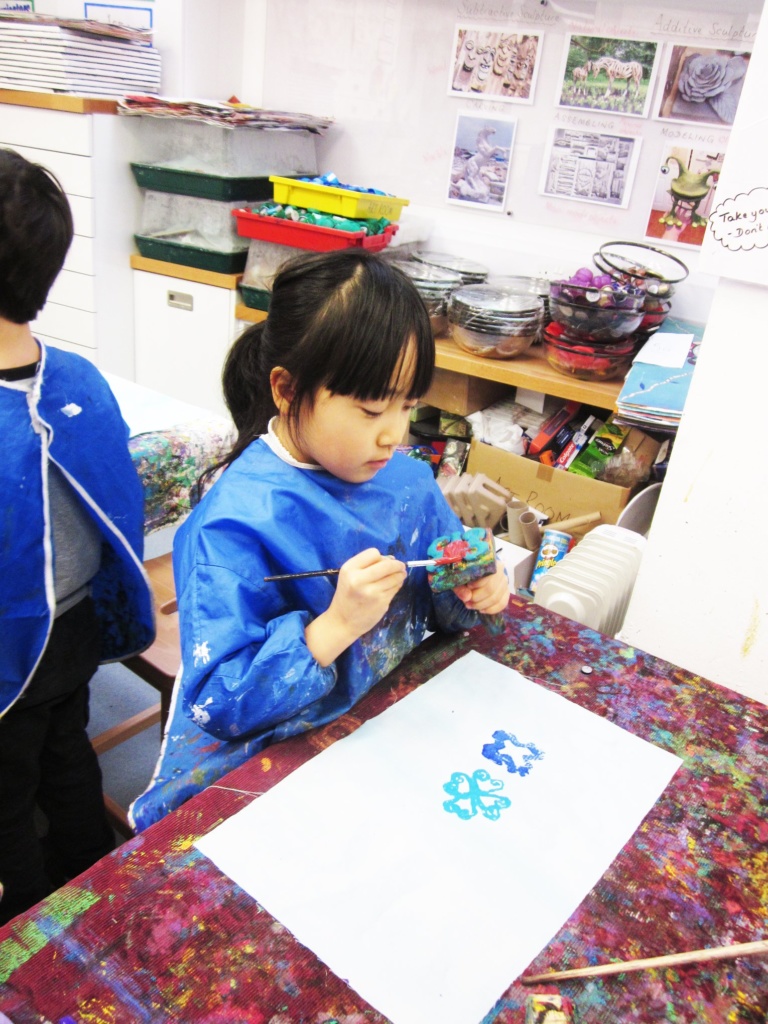
At Southbank International School, we have been offering International Baccalaureate (IB) programmes since 1997 and we have recently added the IB’s Primary Years Programme (PYP) to our curriculum, enhancing our already developed focus on independent and critical thinking.
The PYP is where our students start their educational journey; a foundation that ultimately dictates their progression through the IB’s Diploma Programme, further education and life beyond. With such weight being placed on these key developmental years for children by government and research, it seems strange that many curriculums appear to dismiss children’s learning capacity at this age. The PYP, contrastingly, facilitates a great amount of personal and academic development in the primary years, instead of limiting it.
Our strong belief in the IB harks back to 1979, when our school was opened and established with three key principles; that it would be democratic, it would be international and it would use the surrounding area, London, as a classroom. Our school’s founders believed, as we still do now, in the idea of a ‘school without walls’, in both a literal and metaphorical sense. So, in line with this, not only do we ensure our students are learning in environments beyond the four walls of the classroom, we ensure that their thought processes transcend the subject and learning borders built by knowledge-focussed curriculums.
As such, when we implemented the IB at Southbank International School, it was less like adopting a new curriculum, and more like matching with a style of curriculum that enabled and enhanced the ethos we had already put in place. Our ethos focuses on instilling values such as cultural understanding, mutual respect and critical thinking, and with the support of the PYP framework, we are able to do this from a very young age—something we feel particularly lucky to do.
Independent Thinking
The PYP framework is designed to nurture these important qualities through its inquiry-led, transdisciplinary way of learning; ultimately, it challenges students to think for themselves about ideas that are much bigger than they are. While this might seem a lot to ask at such a young age, the age between three and 11 is probably one of the most naturally inquisitive times in a person’s life and we need to nurture that! In order to do so, we need young people, as young as possible, to have confidence in the value of their thoughts, questions and voices, and to have equal respect for the thoughts, questions and voices of others. If students respect their own thoughts, the thoughts of others, and are driven to learn, the results are fascinating.
The idea of education as a process is part of our school’s ethos and is reinforced by the IB’s own mission statement and programmes. For example, the PYP framework means that we are able to teach our young students in a way that places as much weight on the learning process as it does the educational outcome.